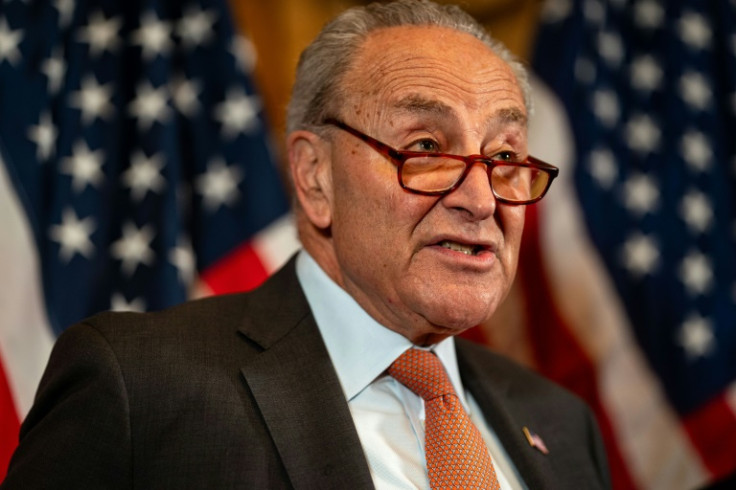
Senate Majority Leader Chuck Schumer initiated a bold bill that would challenge a recent Supreme Court ruling on former president Donald Trump's case, which stated that presidents have immunity from criminal prosecution for official acts.
According to NBC News, the legislation, titled as "No Kings Act," would make sure that presidents, whether former or acting, along with the vice president, will not be shielded from criminal prosecution for crimes allegedly committed while they hold office.
The legislation mandates that presidents will be held responsible for their actions in office, stripping them of "criminal immunity." The bill directly responds to the Supreme Court ruling in July, which declared Trump as having immunity for acts done during his tenure as president.
Axios reported that at least 28 other Democrats have signed to co-sponsor the bill. While it may be a welcoming piece of legislation for the Democrats, it may face some resistance when it reaches the House, where many of Trump's allies serve.
"Given the dangerous and consequential implications of the Court's ruling, legislation would be the fastest and most efficient method to correcting the grave precedent the Trump ruling presented," Schumer said in a statement.
"With this glaring and partisan overreach, Congress has an obligation — and a constitutional authority — to act as a check and balance to the judicial branch," he added.
In the event that the "No Kings Act" passes, it will define the power of Congress as the body that can determine "to whom federal criminal laws may be applied" and that such function does not rely on the Supreme Court, as per the outline of the bill that was provided by the office of Schumer.
Schumer said the decision of the high court in making Trump immune for acts committed during his tenure was "disastrous." He also lamented how the Supreme Court disregarded precedent and made Trump, as well as succeeding presidents, akin to "kings" who were above the law.
President Joe Biden has earlier laid out plans for a constitutional amendment, which would categorically specify that no former president would enjoy "immunity" from criminal prosecution for acts committed while in office.







